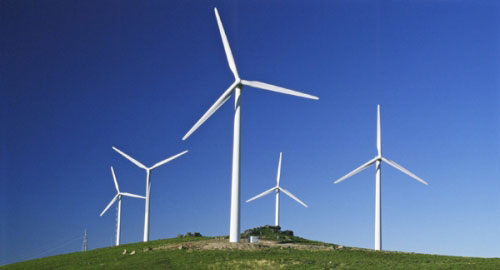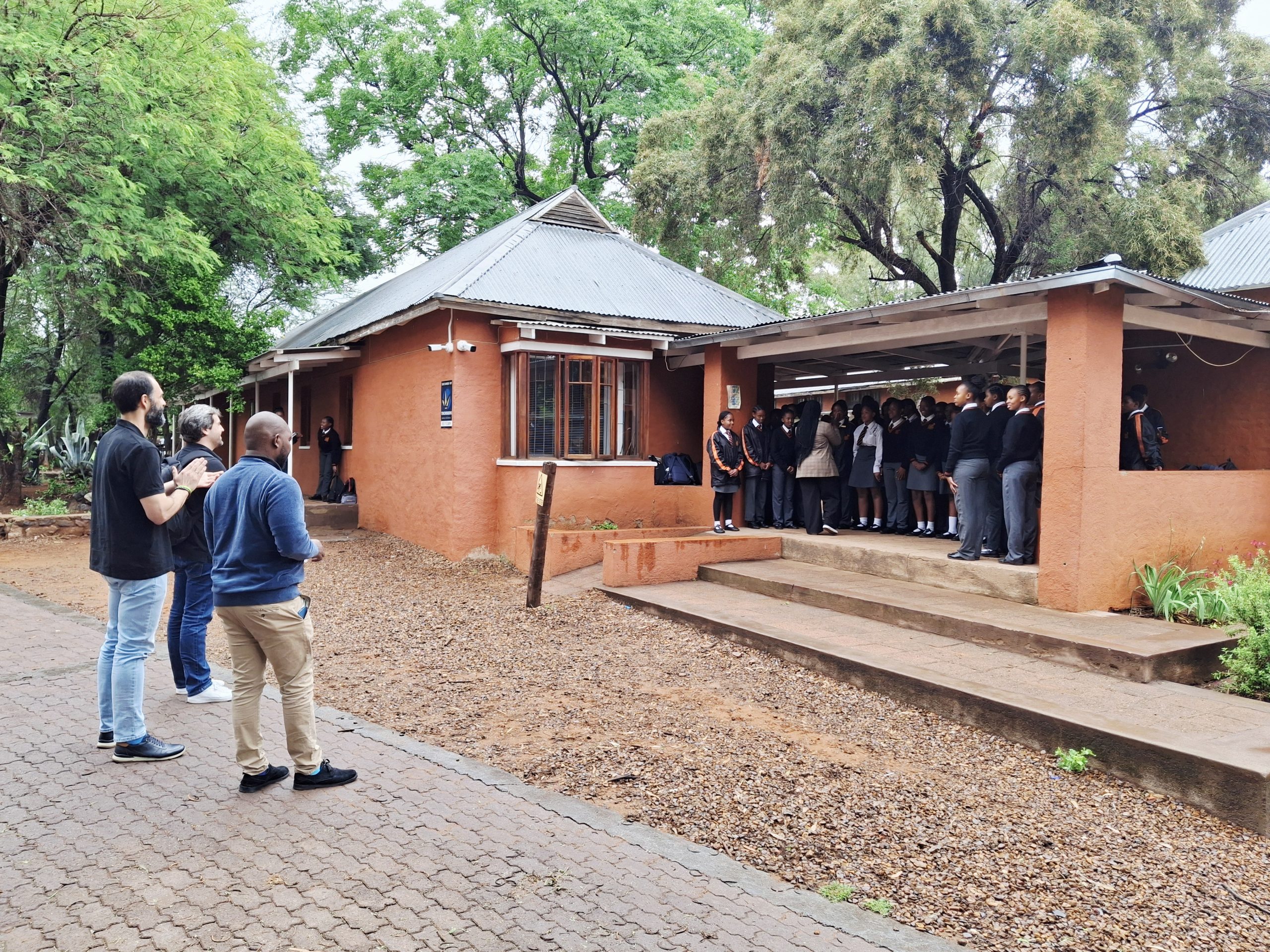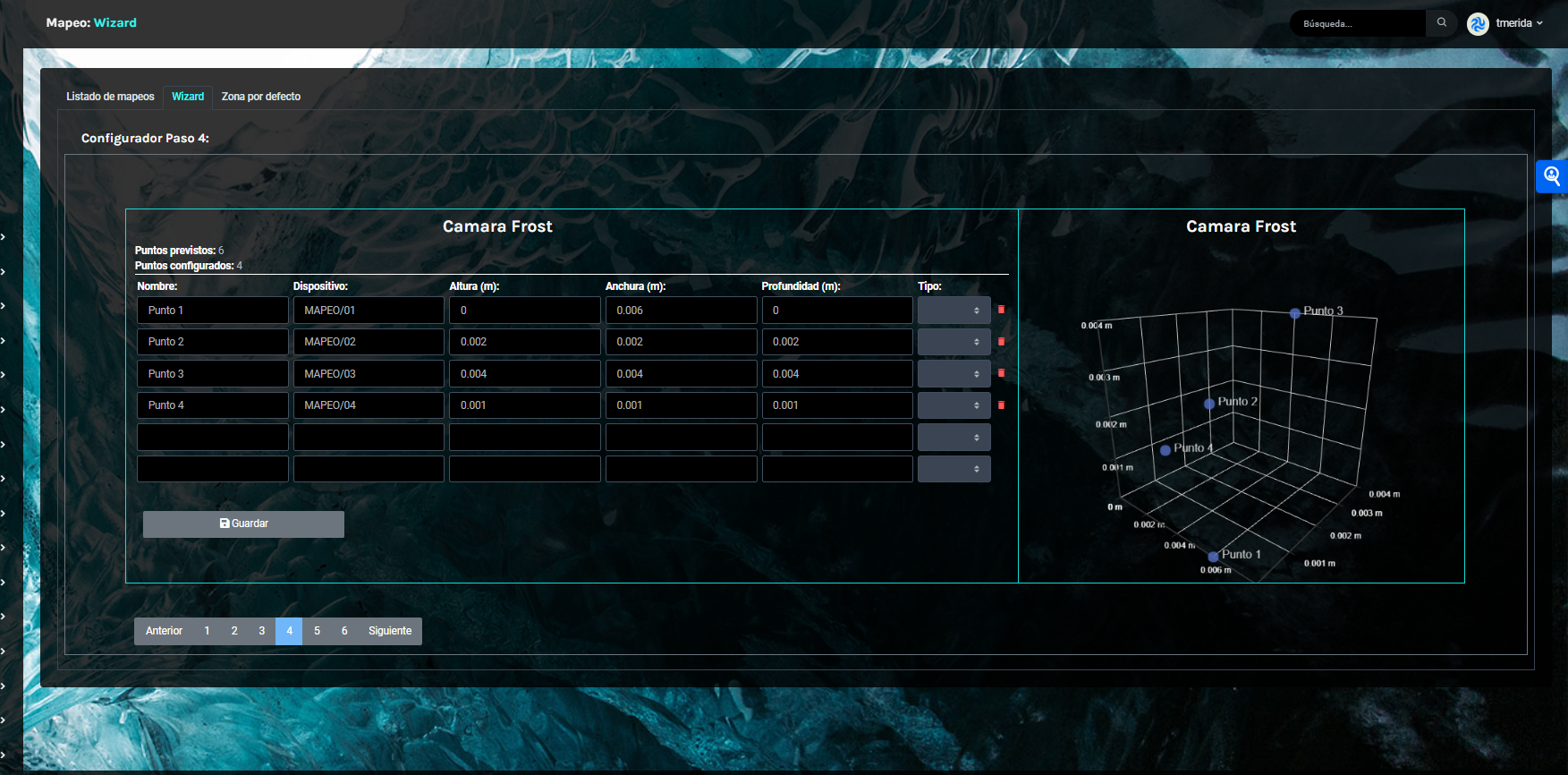Torsa Renovables, in collaboration with the Department of Animal Biology at the University of Málaga (UMA) and through its Research Results Transfer Office (OTRI), is currently developing a pioneering R&D project in Andalusia aimed at preventing bird collisions with wind turbines in existing wind farms across the region.

The project was presented by Adelaida de la Calle, Rector of the University of Málaga, accompanied by Mariano Barroso, President of Torsa, and Mario Vargas, head of the Department of Animal Biology at UMA.
All three emphasized the project’s importance as a step forward in environmental responsibility—highlighting that it is not only about promoting renewable energy, but also about ensuring it does not result in collateral environmental damage.
Deterring Birds
The research project focuses on developing innovative technology that integrates all necessary detection devices into a single system capable of autonomously reacting to potential collision risks. The system can either trigger a smart shutdown of the turbines or activate deterrent mechanisms to keep birds away from danger zones.
The outcome of this project, expected to conclude within one year, will enable the creation of a service-oriented company tasked with delivering comprehensive solutions to eliminate bird collisions in wind farms.
Plans also include the construction of a technology production center at the Andalusian Technology Park (PTA) in Málaga, where the devices designed for this purpose will be manufactured—giving the company its own in-house production capacity.
In this aspect, Torsa Renovables will work with DeTect Inc., a US-based company that supplies one of the world’s most advanced bird detection systems. DeTect’s equipment is used by NASA, the U.S. Department of Defense, and other leading scientific and technological institutions worldwide.
Environmental organizations and associations have already expressed interest in and support for the project. Its results are expected to provide valuable insights into bird behavior, contributing to greater understanding of both local and global avian fauna, and may lay the groundwork for a potential regulatory initiative in the wind energy sector regarding wildlife protection.





